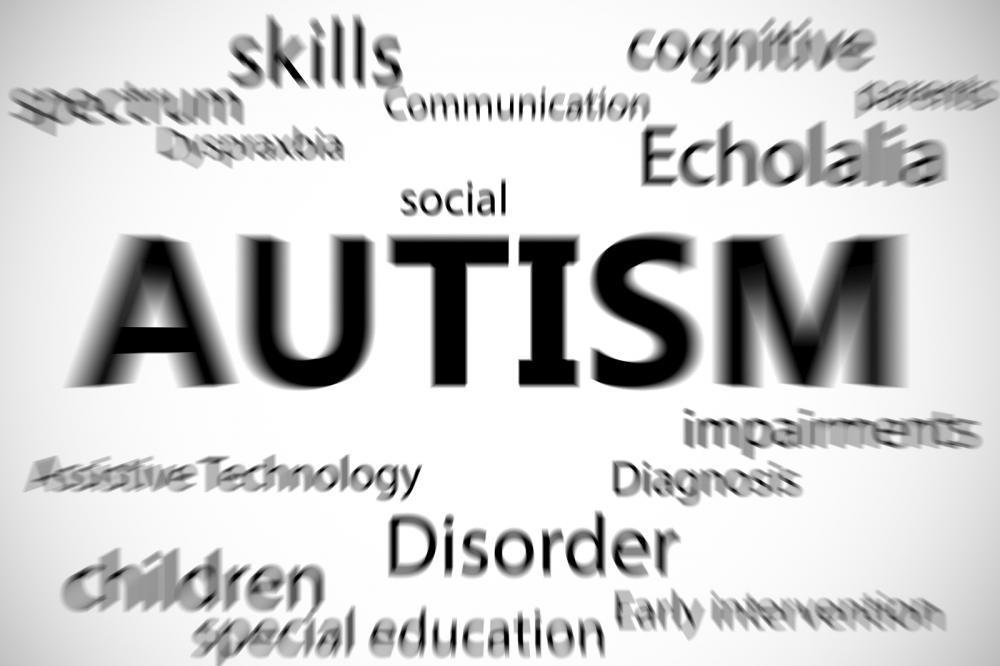Did you know that Autism Spectrum Disorder affects an estimate of 3 million individuals in the United States? It is the fastest-growing developmental disability in the U.S.
Autism is a term used for children who have difficulty speaking and interacting with others. It is a life-long condition further characterized by repetitive behaviors and restricted interests.
As the name suggests, the autism spectrum is quite wide – some autistic patients may not speak at all and be socially withdrawn while others may be able to go to college and even get jobs with only a few symptoms.
This is perhaps the biggest reason why it is not so easy to identify the signs of autism. While autism looks different for each patient, some common behavioral symptoms can help parents identify autism in their children.
Here are five signs your child may be autistic:
1. Not meeting developmental milestones
The classic symptom of autism is when a child is unable to meet developmental milestones in the typical range, if at all. Although keep in mind that many children may meet a milestone a bit earlier or a bit later than others. For example, a child may not sit immediately as soon as he turns 9 months old or start walking at 15 months – the range is just a frame of reference.
The milestones you should be looking for includes cooing and babbling by 6 months and two-word phrases by 24 months. If your child hears normally but does not start speaking by the age of two, consider it as a red flag for autism.
2. Making repetitive movements or sounds
While not all repetitive movements are bad, your child spending an unusual amount of time rocking back and forth, flipping his/her hands, or spinning in circles is most certainly a cause for concern.
You need to see how much your child is doing a certain thing and compare it with the time he spends in doing other activities. For example, dropping his spoon from the chair and having his mother pick it up is a normal repetitive thing for children but if he is doing it almost all the time, that is not normal.
3. Not engaging with other kids
Autistic children generally lack the interest or ability to interact with others.
Even an infant who cannot yet speak points his fingers at things that are colorful or moving, tries to catch others’ attention, and responds to his name – and that’s a sign of engagement and communication. With an autistic child, this does not happen.
4. Inability to understand language other kids can
Many autistic children are able to speak but they may face difficulty understanding sarcasm, irony, and figures of speech. If your child does not handle the ‘give and take’ of conversations well and finds it difficult to use social niceties while interacting with others, that is also a red flag.
5. Is very logical and rigid
If your child is not compliant and is extremely rigid, it might be a sign of autism.
Autistic children have their own logic and find a hard time looking at others’ logic. For example, a child with autism would be able to do his homework but not want to because he already knows how to do it – makes sense, right? Autistic children are likely to not change their behaviors even if they are getting a social reward for it.
These are some common signs of autism. If you find any of these in your child, it is better to consult a health professional who would find the right testing for your child and even help you manage the symptoms.

